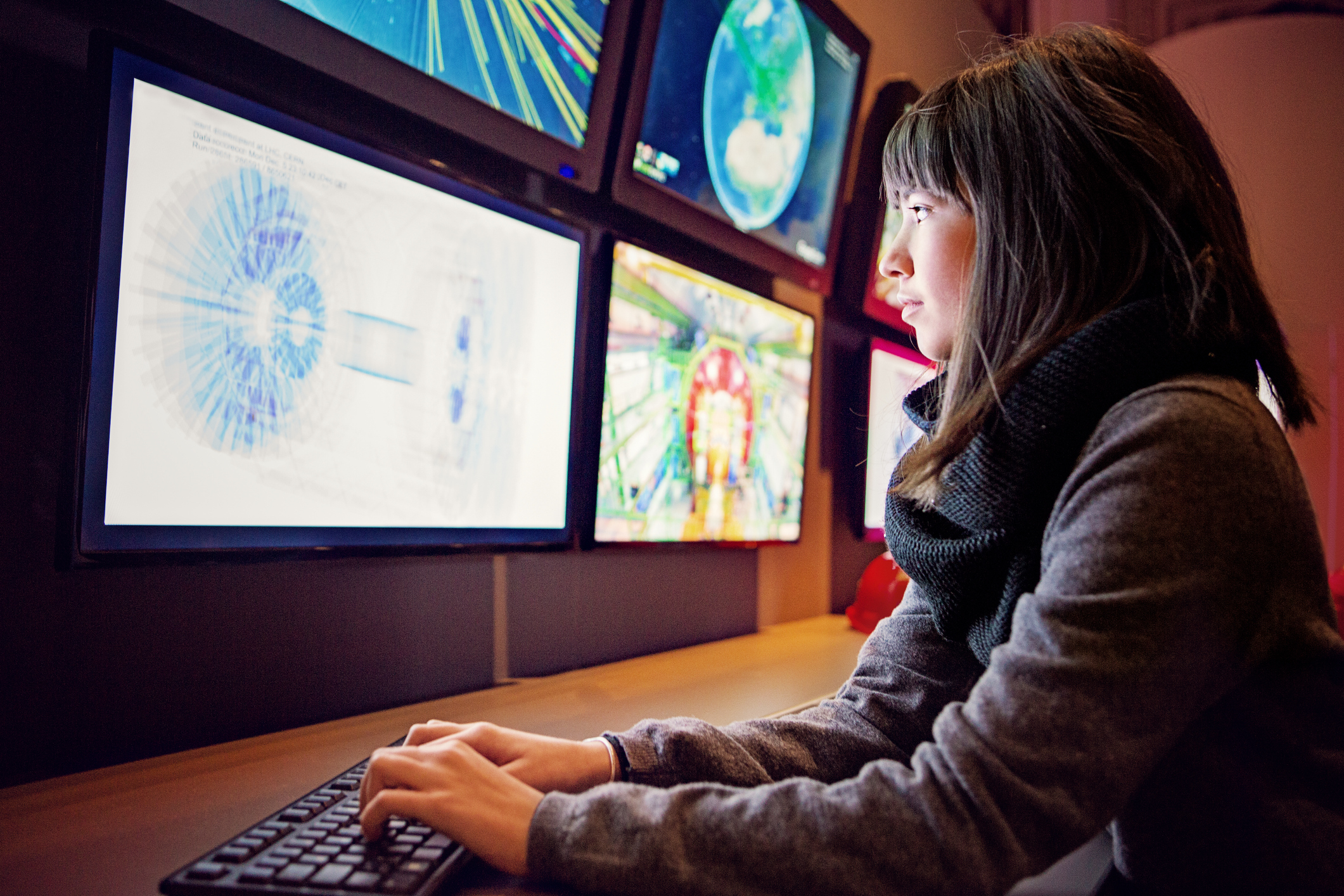Nuclear power is the world’s second-largest source of low-carbon electricity and is one of the cleanest sources of energy in the United states, emitting no greenhouse gases when generating electricity. Nuclear power is our only carbon-free energy source that appears around the clock for 18 to 24 months at a time. A Nuclear power plant, over the course of its life cycle, produces about the same amount of carbon-dioxide-equivalent emissions per unit of electricity as wind, and one-third of the emissions per unit of electricity when compared with solar.
Original Video By Generation Atomic
Interested in a career in nuclear technology? ENERCON is hiring for exciting confidential opportunities involving new nuclear technology for electrical engineers & civil/structural engineers.
Nuclear technology has remained somewhat unchanged in the US, after the initial 1950’s demonstration reactors proved safe and reliable and 2nd Generation powerplants have been the go-to technology since the late ’60s. However, smaller, safer, and less expensive advanced nuclear reactors are quickly becoming reality, and there is a push from the US Department of Energy, universities, and private corporations to bolster R&D in this space.
Here’s an overview of the nuclear reactor technologies, both existing and in development.
Nuclear Reactor Technologies
Generation I Reactors refers to the prototype and early power reactors that initiated civil nuclear power in the USA in the 1950s and 1960s. These reactors were the first power plants employed for the commercial generation of electricity to the grid. Examples include Shippingport (1957-1982); Fermi (1963-66), and Dresden Unit 1 (1960-78), the first privately financed nuclear power plant built in the USA.
Generation II Reactors refers to a class of commercial thermal reactors designed to be economical and reliable in the USA (1960’s ~ present). These are the most common USA reactors in operation today. Generation II Reactors are water-cooled and moderated reactors (LWRs), including pressurized water reactors (PWR), and boiling water reactors (BWR) which were originally designed to operate over a 40-year lifetime. Standard of these types of reactors are active safety features involving electrical or mechanical operations that are initiated automatically, or, in many cases, can be initiated by the operators of the nuclear reactors.
Generation III Reactors are an evolution of current Gen II light and heavy water reactor technology with improved performance, extended design lifetimes (60+years), and more favorable characteristics in the event of extreme events such as those associated with core damage. The Gen III Reactors (ESBWR & AP1000) include improved fuel technology, superior thermal efficiency, significantly enhanced safety systems (including passive nuclear safety), and standardized designs for reduced maintenance and capital costs.
Generation IV Reactors include seven new advanced designs currently being researched for commercial application, three of which are classified as thermal reactors and four as fast reactors. The seven advanced reactor types are Very High-Temperature Reaction (VHTR); Sodium-Cooled Fast Reactor (SFR); Supercritical Water-Cooled Reactor (SCWR); Gas-Cooled Fast Reactor (GFR); Lead-Cooled Fast Reactor (LFR), Molten-Salt Reactor (MSR), and (DFR). The Very High-Temperature Reactor (VHTR) is also being researched for potentially providing high-quality process heat for hydrogen production. The fast reactors offer the possibility of burning actinides to further reduce waste and of being able to breed more fuel than they consume. The Gen IV nuclear reactors offer significant advancements in sustainability, safety and reliability, economics, proliferation resistance, and physical protection.
The ENERCON Difference
As the world moves towards more sustainable, efficient energy infrastructure, ENERCON actively works to advance the nuclear industry through engineering support for advanced reactors, including small modular reactors (SMRs). We are proud of our role in supporting the delivery of the first SMR design certification in the US. Through industry partnerships and participation, we are bringing advanced reactor technology to the forefront of the industry.


